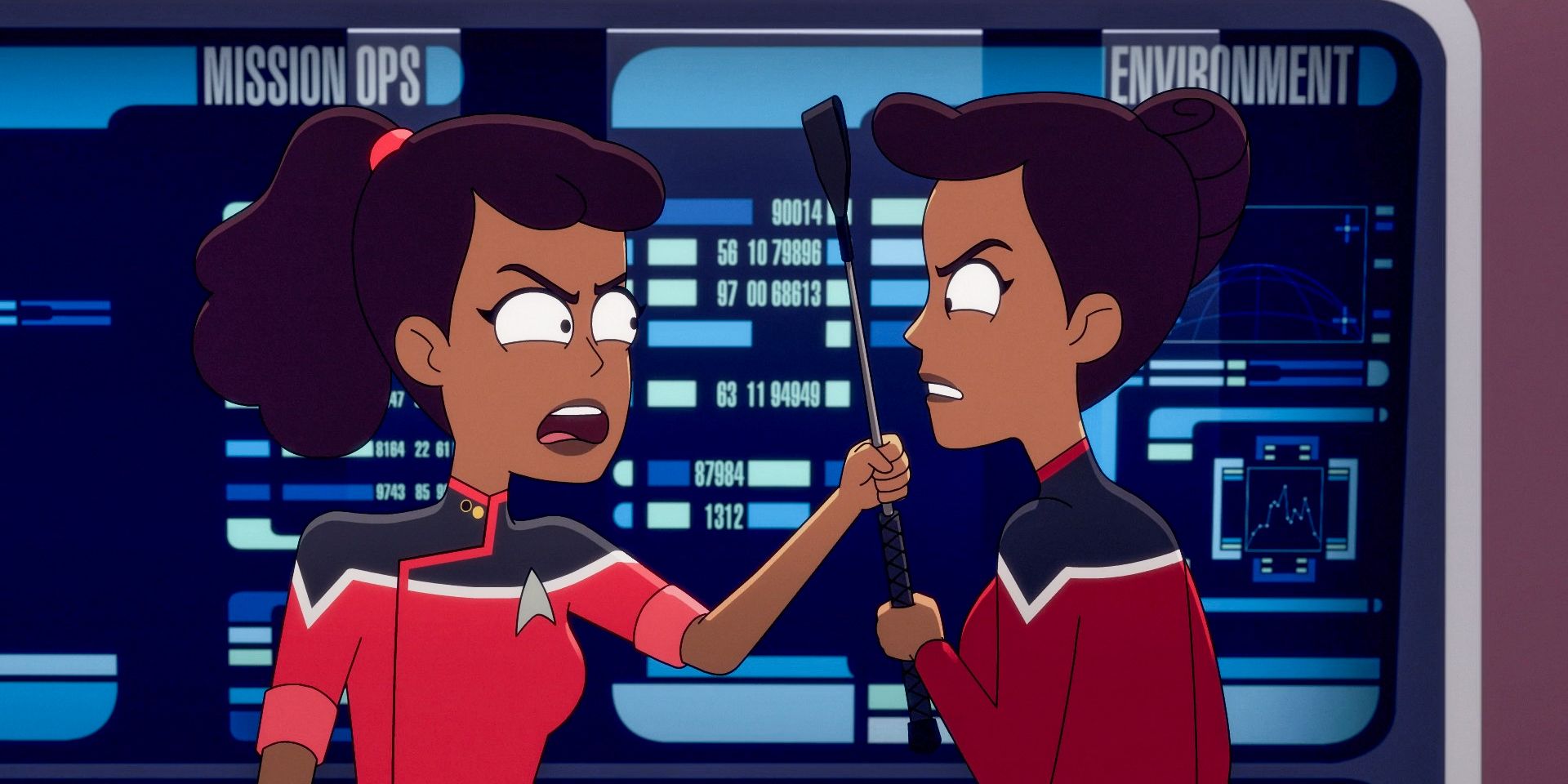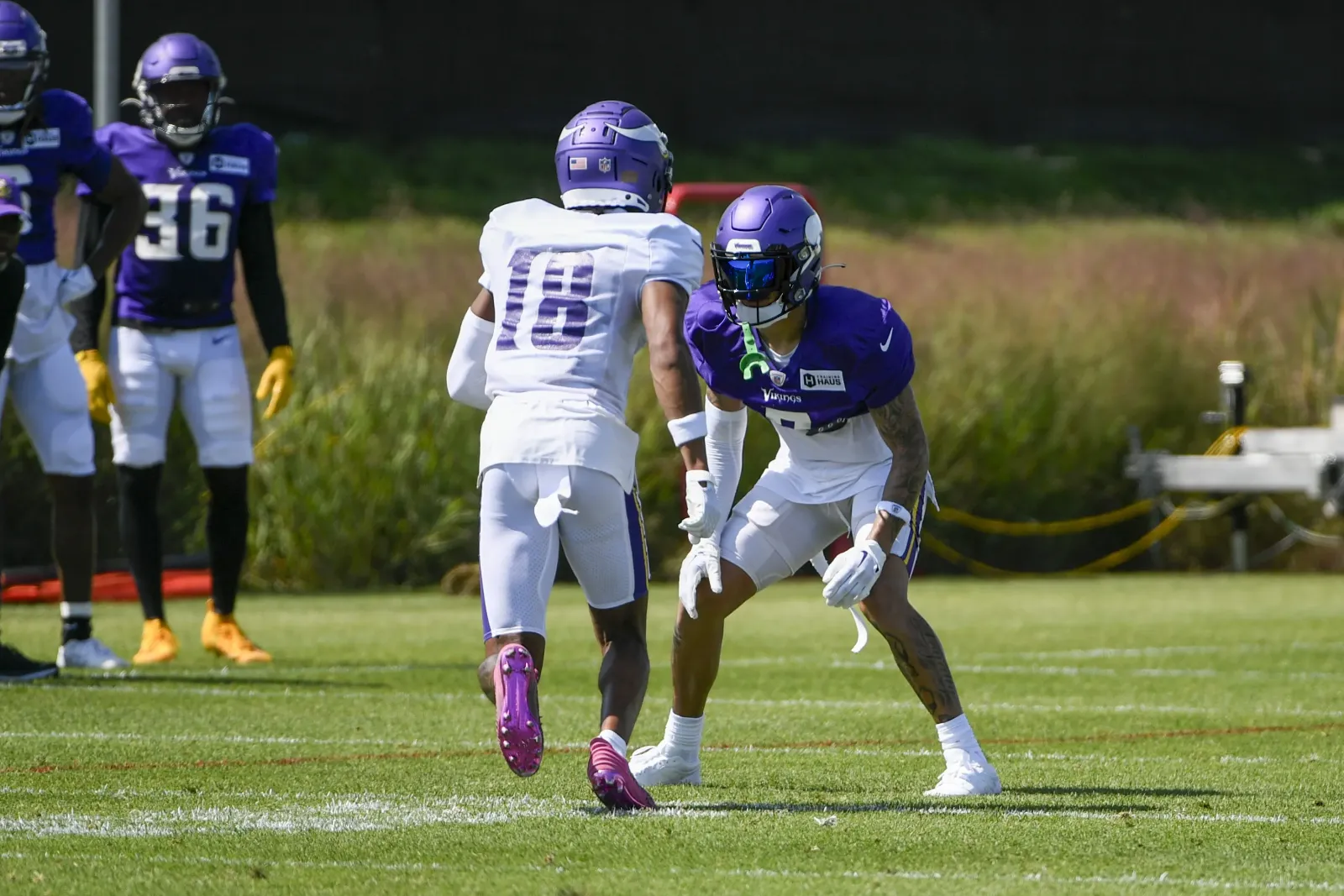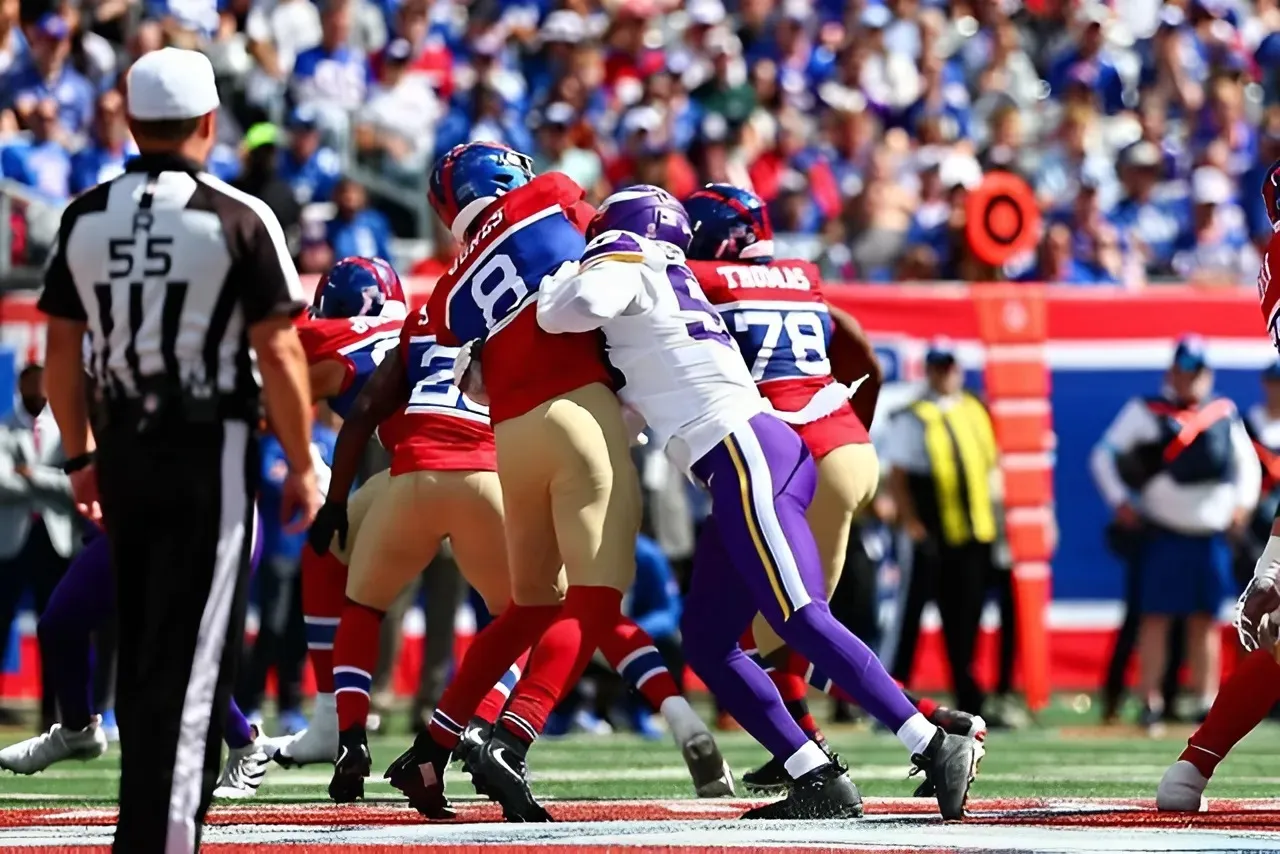WARNING: This article has SPOILERS for Star Trek: Lower Decks Season 5, Episode 1 - "Dos Cerritos"

A brand-new starship captain in Star Trek: Lower Decks' season 5 premiere aggressively enforces a rule that Star Trek creator Gene Roddenberry originally wanted to be an important part of Star Trek: The Next Generation. Imagining what Star Trek's future would look like 100 years after Captain James Kirk's (William Shatner) Starship Enterprise, Roddenberry came up with rules for the Star Trek: The Next Generation writers to follow. One of Roddenberry's rules was a ban on "interpersonal conflicts" between the crew of Captain Jean-Luc Picard's (Patrick Stewart) USS Enterprise-D, since Roddenberry believed humanity would evolve beyond that in the 24th century.
In Star Trek: Lower Decks season 5, episode 1, "Dos Cerritos", the crew of the USS Cerritos encounters a spatial anomaly that sends them into an alternate universe with a 0.237% variance—only the slightest shift, really. Unlike the dark reflection of familiar characters in Star Trek's Mirror Universe, this alternate Cerritos crew earned their differences by making choices that weren't necessarily wrong, just different. In this universe, the USS Cerritos is commanded by Captain Becky Freeman (Tawny Newsome), a version of Lieutenant Beckett Mariner who seems to have gotten her act together—with a little help from Star Trek's creator.
Mariner's Captain Double Doesn't Allow Interpersonal Conflict On Her USS Cerritos
Captain Becky Freeman's No Conflict Ship Criticizes Roddenberry's TNG Rule

Upon finding the two USS Cerritos crews arguing with their doubles instead of cooperating, Lt. Beckett Mariner's captain double, Captain Becky Freeman, exclaims, "I don't allow interpersonal conflict on my ship!" in a direct reference to Gene Roddenberry's series bible for Star Trek: The Next Generation. Instead of Captain Freeman's alternate Cerritos crew avoiding interpersonal conflict by being genuinely harmonious, however, Becky Freeman enforces the no-conflict rule by ruling with an iron fist and a riding crop that ensures her subordinates know their place. This version of the Cerritos is "mostly brigs", ready for anyone who steps out of Freeman's hard line.
In Star Trek: Lower Decks season 1, episode 3, Beckett Mariner tries to pull a reversal on being sent to the brig by saying, " Joke's on you, man! I love the brig! ", so of course, Captain Becky Freeman's USS Cerritos would be " mostly brigs ". Beckett loves them.
Star Trek: Lower Decks' Captain Becky Freeman points out how a total ban on disagreement could only be enforced by an aggressive dictatorship. Interpersonal conflict is a natural part of people interacting with one another, even among the most civilized crews, so Roddenberry's ban on all interpersonal conflict in TNG was almost impossible to put into practice as written. A better interpretation of Gene Roddenberry's vision of humanity's future in Star Trek is that society encourages harmonious conflict resolution through mutual understanding, instead of a purely theoretical lack of conflict altogether. Fortunately, most of Star Trek did just that.
How Star Trek Got Around TNG's No Interpersonal Conflict Rule
If There's No Conflict Among Starfleet Officers, Make Half The Cast Non-Starfleet
Because conflict drives dramatic storytelling, Star Trek writers found ways to get around Star Trek: The Next Generation's difficult rule banning interpersonal conflict among Starfleet officers. Star Trek: Deep Space Nine's numerous non-Starfleet characters comprised over half the cast and drove conflict on the DS9 station without breaking Roddenberry's rule. Star Trek: Voyager followed suit, with its Maquis crew, Delta Quadrant natives, and Seven of Nine (Jeri Ryan). Roddenberry's "no interpersonal conflict" rule was quietly phased out after Gene's 1991 death, making room for conflict-heavy episodes like TNG season 6, episodes 9 & 10, "Chain of Command".
New Star Trek shows have done away with Star Trek: The Next Generation's early "no interpersonal conflict" rule entirely, and embrace the Star Trek future as one where interpersonal conflict still exists, even in Starfleet. Today's Star Trek characters are relatable people who have their own feelings, motives, and agendas, and that means they sometimes clash, even if they have common goals. Nowhere is that more true than in Star Trek: Lower Decks, where the USS Cerritos' junior officers have realistic reactions to adversity, but figure out how to resolve their conflicts with understanding ... except for Captain Becky Freeman, of course.



